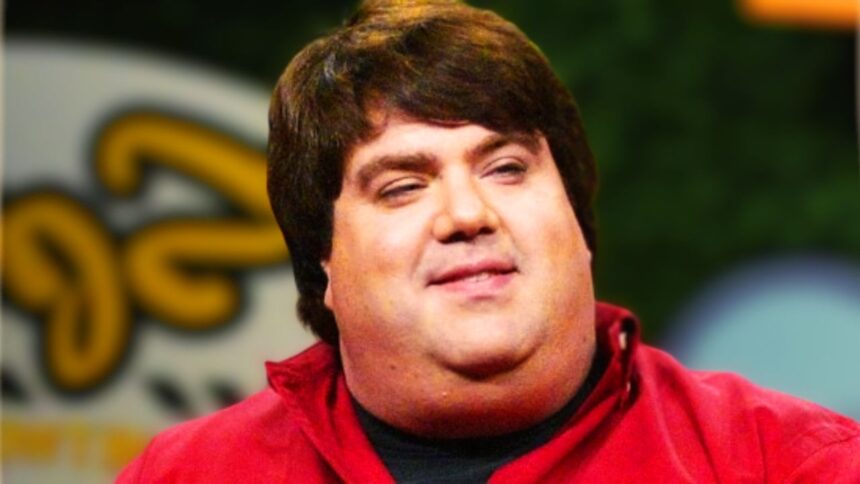Former Nickelodeon luminaries Katrina Johnson and Leon Frierson have responded to the recent apology issued by Dan Schneider, the acclaimed producer behind some of the network’s most iconic shows. Their reflections come in the wake of a groundbreaking documentary that unearthed allegations of a ‘toxic environment’ during Schneider’s tenure.
Schneider, known for his contributions to beloved series like All That, Drake & Josh, and Victorious, publicly acknowledged the need for contrition in light of the documentary’s revelations. However, Johnson and Frierson, who were integral parts of the Nickelodeon landscape during their tenure, shared their perspectives on Schneider’s apology.
In a candid conversation with NewsNation’s Dan Abrams Live, Frierson, who graced All That with his talent from seasons four to six, expressed measured optimism regarding Schneider’s apology. He recognized it as a step forward but lamented the necessity of an exposé to prompt acknowledgment of past grievances.
Frierson emphasized the importance of grace in receiving the apology while acknowledging that for some, it may come too late. He highlighted the complexity of the situation, acknowledging both Schneider’s role and the network’s responsibility in fostering a safe working environment.
Former Nickelodeon stars Katrina Johnson and Leon Frierson respond to Dan Schneider’s apology following explosive documentary: ‘It took a huge exposé for us to get that acknowledgement’ https://t.co/WSHhfa9tlG pic.twitter.com/ogwZ8mc40s
— Daily Mail Online (@MailOnline) March 22, 2024
Reflecting on her personal interactions with Schneider, Johnson, who embarked on her Nickelodeon journey at a tender age, shared a contrasting experience. She described Schneider as a mentor who played a pivotal role in her career, emphasizing their collaborative efforts both on and off-screen.
Despite her positive encounters, Johnson acknowledged the validity of others’ experiences and the broader context of the allegations. She emphasized the significance of personal support systems, crediting her vigilant parents for shielding her from potential harm.
Johnson’s perspective offers a nuanced counterpoint to the narrative surrounding Nickelodeon’s alleged toxic culture. While some former stars have come forward with harrowing tales of exploitation, Johnson’s experience underscores the diversity of encounters within the network.
Throughout the documentary, a damning portrayal of Nickelodeon’s early 2000s environment emerged, with allegations ranging from abuse to inappropriate conduct. Schneider, once hailed as a creative force, found himself embroiled in controversy, prompting his departure from the network in 2018.
Addressing the allegations head-on, Schneider acknowledged past behaviors with a mixture of regret and contrition. He expressed remorse for creating an environment where inappropriate jokes and behaviors flourished, citing his own immaturity as a contributing factor.

Schneider’s apology, while a crucial step, prompts reflection on systemic issues within the entertainment industry. The revelations unearthed by the documentary underscore the imperative for accountability and reform, ensuring the protection of all individuals, especially minors, within creative spaces.
As the fallout from the documentary continues to reverberate, voices like Johnson’s and Frierson’s serve as poignant reminders of the multifaceted nature of human experience. Their reflections underscore the complexity of navigating an industry fraught with power dynamics and institutional shortcomings.
In the aftermath of Schneider’s apology, the industry faces a pivotal moment of reckoning. The challenges ahead are immense, but with transparency, accountability, and a commitment to change, there remains hope for a future where all individuals can thrive free from fear and exploitation.




